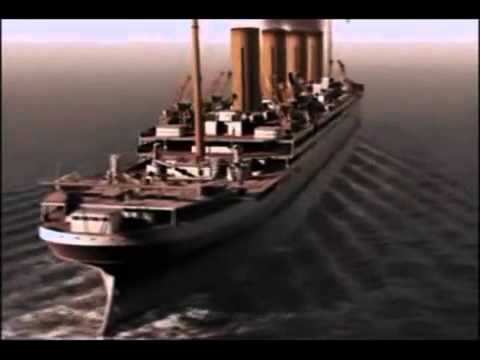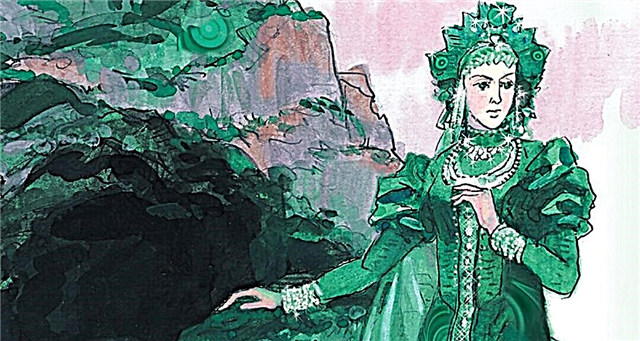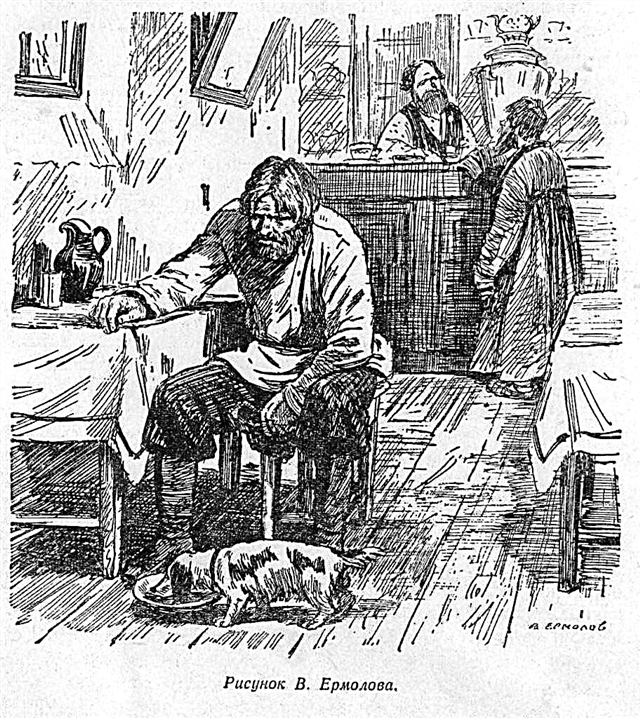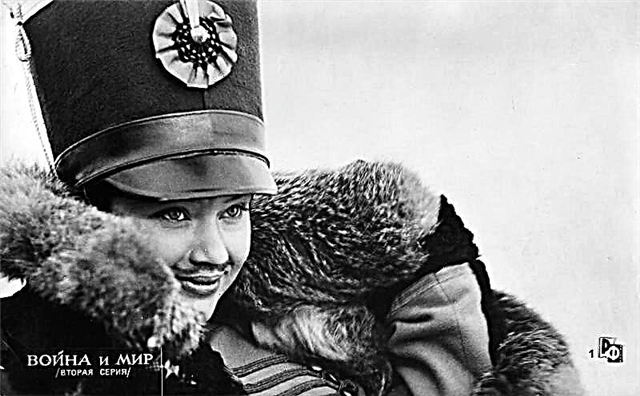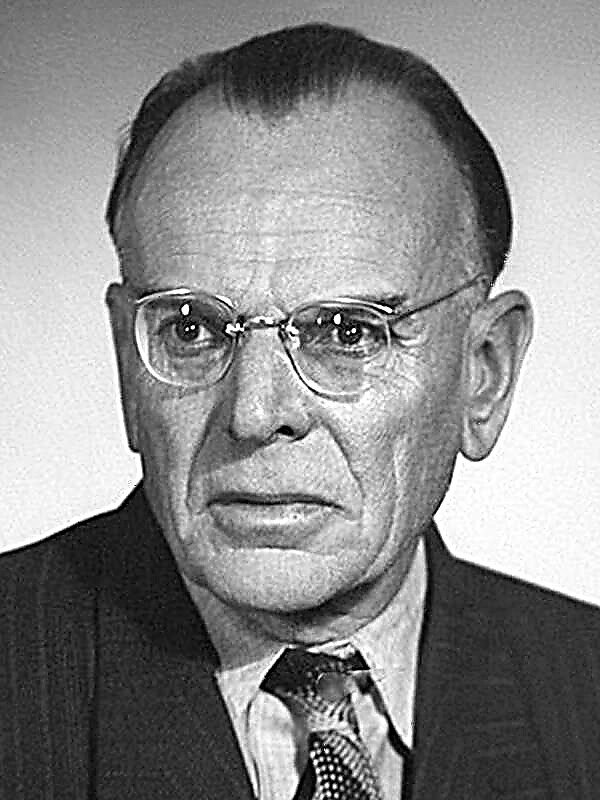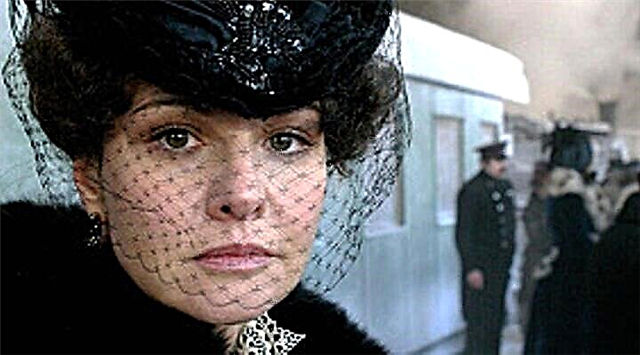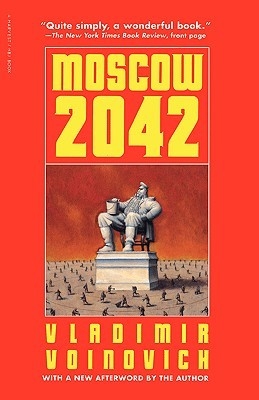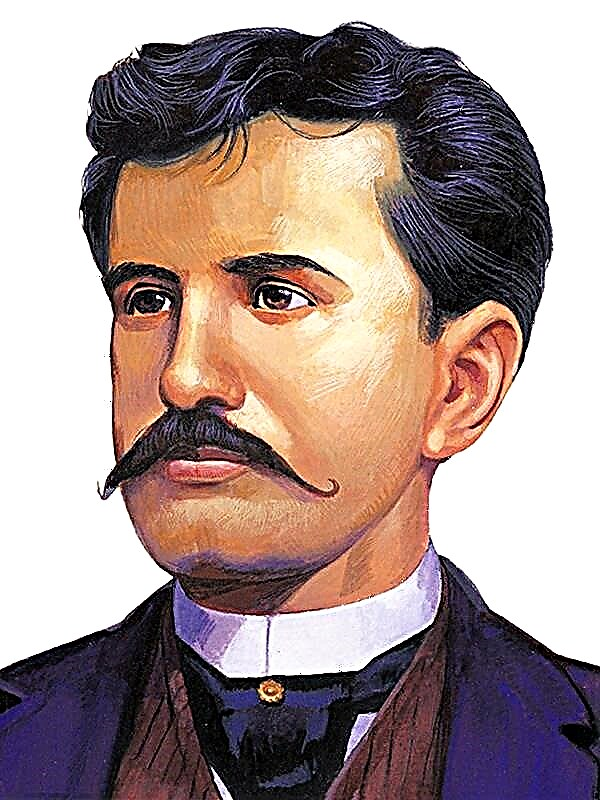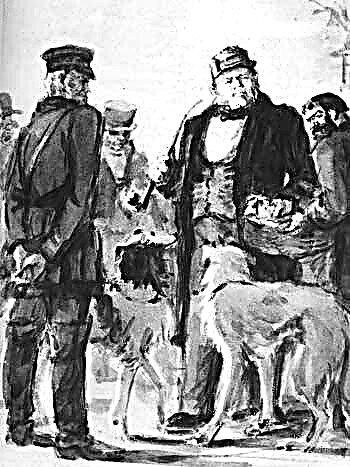It is not easy to understand the poem “To Whom It Is Good to Live in Russia” the first time. The main events are confusing, the plot is full of mysticism and folklore characters, the language gives back to ancient times, because many words are no longer used in everyday life. To help you cope with this test, the Literaguru team posted a very short book for the reader’s diary and a simple book analysis.
(526 words) The work begins with a meeting of seven peasants - temporarily liable peasants. A dispute arises between them who lives better in Russia. The conflict does not stop along the way, it comes to a fight. But one of them caught a baby bird, and in exchange for his life the bird creates a self-collected tablecloth so that the heroes can go around the whole of Russia and find out who is right.
In the following chapters, the writer talks about the search for men. First checked the welfare of the priest. The men did not hear the answer that they expected. The clergyman says that happiness is calm, but the priest does not have it: he is constantly pulled at weddings, funerals, christenings, and they give little money.
Then the men went to the fair to find out from the people about their lives. Being at the fair, the men saw people drinking and fights, concluding that there are no people satisfied with their lives. The oncoming person, Yermila Girin, shares the story of how he sent an outsider instead of his brother to recruit, how he repented of this, how he asked the people to chip in a ruble, and then he distributed to everyone what he took on business, as he sat in prison after a peasant riot.
The next man, the nobleman Gavril, tells about his life, he remembered how he lived happily, kept serfs, but after the abolition of serfdom there was nothing fun left of the former expanse.
The men no longer believed that they would meet a happy man and decided to ask women. They shared a story about Matrena, who herself told her story. She lived in a good family. She got married in her youth, her husband’s parents did not like her daughter-in-law, and she had to endure all the insults, only Grandfather Savely was kind to her, but there was a tragedy, the grandfather did not follow Matryona’s son: the pigs ate Demushka. Matrena could not forget this, although she later had five more children. Grandfather himself spent half his life in hard labor for killing a manager who brought the peasants to poverty.
But another misfortune happened, the son of Matryona was accused of malfunctioning, and she took all the blame upon herself, getting beaten. Then, being pregnant, she went to rescue her husband of recruitment and defended his release, begging him from the mistress - the wife of the official. The heroine herself believes that a peasant woman cannot be happy.
Then the men came to the Volga and there they noticed a people who worked hard. But it turned out they were doing this for the old landowner Utenin, who did not know about the abolition of serfdom. Travelers learn the story of how his relatives are deceiving: they persuaded the peasants to pretend to be the master’s death. As a result, the rich people deceived ordinary people by not paying anything for participating in this production.
In this village Vakhlachikha they listen to songs. There is a story about Jacob. He constantly helped his master, and when he became very old, the peasant carried him everywhere in a wheelchair. Jacob had a nephew who decided to marry a girl, the old man, out of jealousy for the beauty, ordered the guy to be recruited. The servant washed down and decided to take revenge on the gentleman, but in a servile way: he took the stroller to the forest and hanged himself in front of it.
The wanderer Ion met the peasants, who told them the story of sinners. One of them was a robber, his conscience tormented him, and he wanted to atone for sins, but he killed Mr. Glukhovsky. The next story is about Gleb, who decided to hide the peasants' liberation for money.
A seminarian lives in the same village Grisha Dobrosklonovwho thinks about the whole Russian land and people, composing songs. He believes that this land is strong and rich. Here, it seems, the men found that very lucky man.

